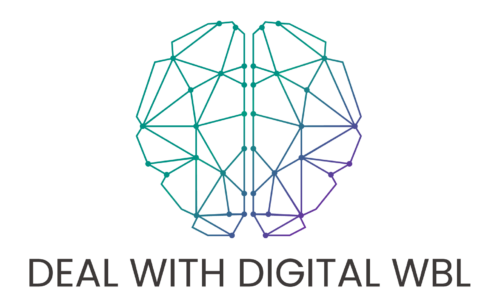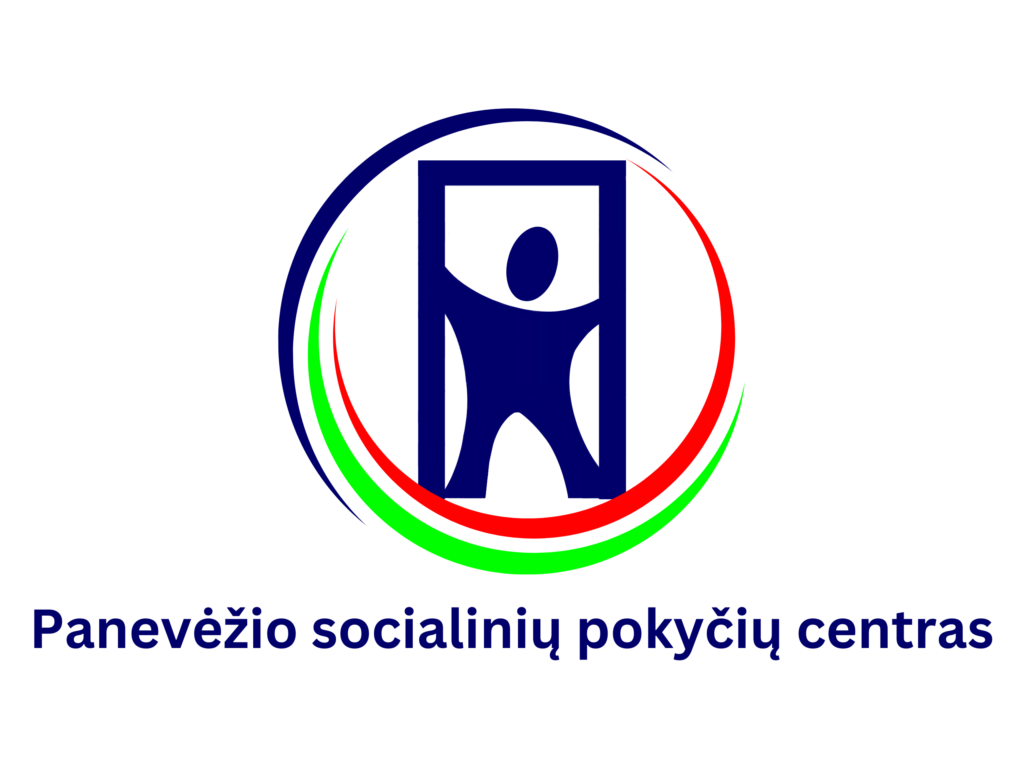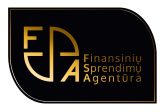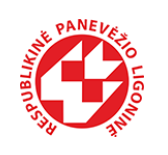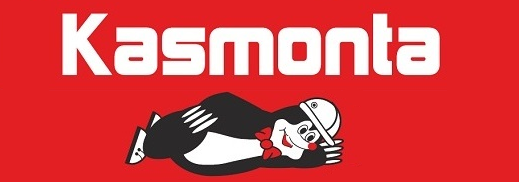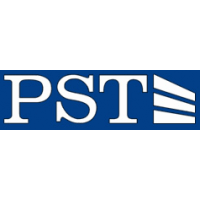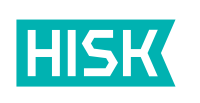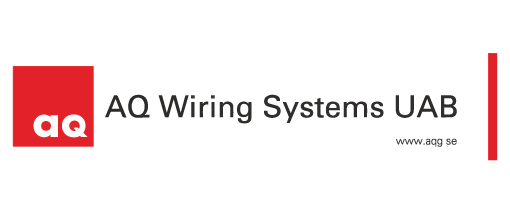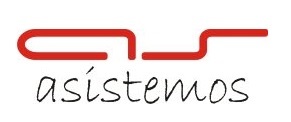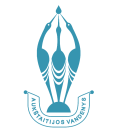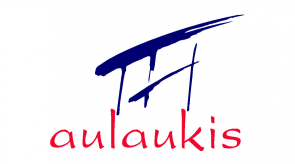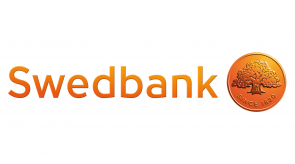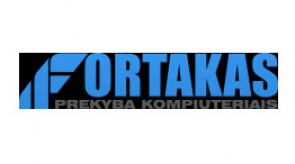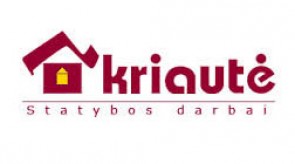The Erasmus Days
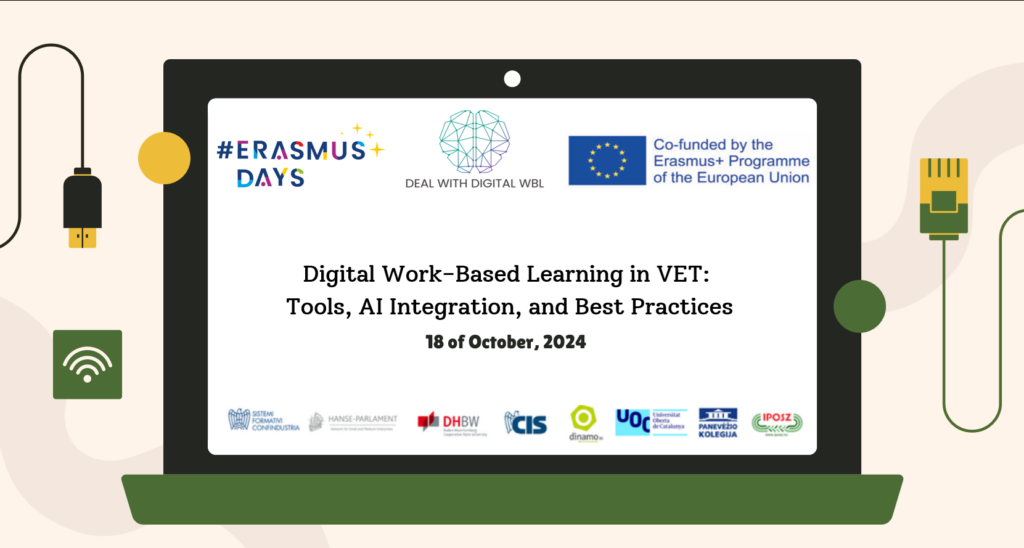 18 October is very special and memorable because the Erasmus Days event celebrated the spirit of cooperation and innovation within the Erasmus+ community, with a strong focus on digital literacy. Nearly 50 participants from different countries, including Hungary, Italy, Spain, Germany, Lithuania, Turkiye, Scotland and other took part in the online event “Digital Work-Based Learning in VET: Tools, AI Integration, and Best Practices” contributing to a diverse and rich exchange of ideas. The day started with a welcome and introductory session that set the scene for insightful presentations. The first session focused on the navigation of Work-based Learning (WBL) in VET, highlighting the new digital skills needed by VET trainers and exploring opportunities in the digital space. This was followed by a presentation on the development of Artificial Intelligence (AI) as an aid for VET trainers to increase digital literacy and improve learning outcomes.
18 October is very special and memorable because the Erasmus Days event celebrated the spirit of cooperation and innovation within the Erasmus+ community, with a strong focus on digital literacy. Nearly 50 participants from different countries, including Hungary, Italy, Spain, Germany, Lithuania, Turkiye, Scotland and other took part in the online event “Digital Work-Based Learning in VET: Tools, AI Integration, and Best Practices” contributing to a diverse and rich exchange of ideas. The day started with a welcome and introductory session that set the scene for insightful presentations. The first session focused on the navigation of Work-based Learning (WBL) in VET, highlighting the new digital skills needed by VET trainers and exploring opportunities in the digital space. This was followed by a presentation on the development of Artificial Intelligence (AI) as an aid for VET trainers to increase digital literacy and improve learning outcomes.
In an interactive session, participants were encouraged to discuss how they became familiar with digital WBL, and a toolkit was presented to support the implementation of digital WBL practices at the local level, thus fostering greater digital literacy. The event ended with open questions and discussions where participants could explore ideas and discuss strategies for digital inclusion. Overall, the agenda provided a comprehensive overview of the digital transformation of VET, highlighting, among other things, practical tools, new technologies and the importance of digital literacy developed in the frame of the Erasmus+ KA2 project “Digitalisation of experiential learning and WBL – Deal with Digital Work-Based Learning“.
One of the working meetings of the consortium implementing the “Digitalisation of experiential learning and WBL – Dealing with Digital Work-Based Learning” project activities, organised on 17 October opened with a “Meet & Greet” session, where SFC and PANKO representatives had the opportunity to connect and discuss the broader context of their collaboration. This informal start helped set the tone for productive discussions and fostered a sense of partnership among the attendees. Following this, SFC delivered an Interim Report and outlined the next action plan. This report provided an overview of the progress made so far, with a particular focus on IO4 and IO5, and summarized the expected outcomes from both initiatives. These insights were crucial for aligning the team on the project’s future direction.
The next part of the meeting featured a series of presentations where each partner shared their experiences in piloting the Digital Work-Based Learning (WBL) programs. These updates highlighted the progress in terms of engaging target groups, the structure of the Digital WBL training agenda, and the local preferences for developing digital tools or laboratories. This portion of the meeting demonstrate the diversity of approaches taken by different regions to adapt to the digital landscape.
After these presentations, CIS moderated a „Round Table Discussion“ where participants discussed key insights from the pilot programs and reviewed the outcomes of IO4. This collaborative session allowed for open dialogue, helping partners to refine their approaches and address any challenges faced during implementation. DINAMO introduced the Digital WBL Learning Platform, a tool designed to centralize the learning resources and provide a streamlined digital experience for participants. This platform promised to enhance accessibility and improve the overall digital learning environment.
Hansa Parlament then presented the Quality Assurance Report, which evaluated the effectiveness and impact of the current initiatives, ensuring that all activities were meeting the required standards.
Finally, the meeting wrapped up with a discussion on Sustainability and Exploitation, where participants explored strategies to maintain the project’s impact and make use of its outputs beyond its formal conclusion. This conversation was crucial for ensuring the long-term success of the initiatives.
